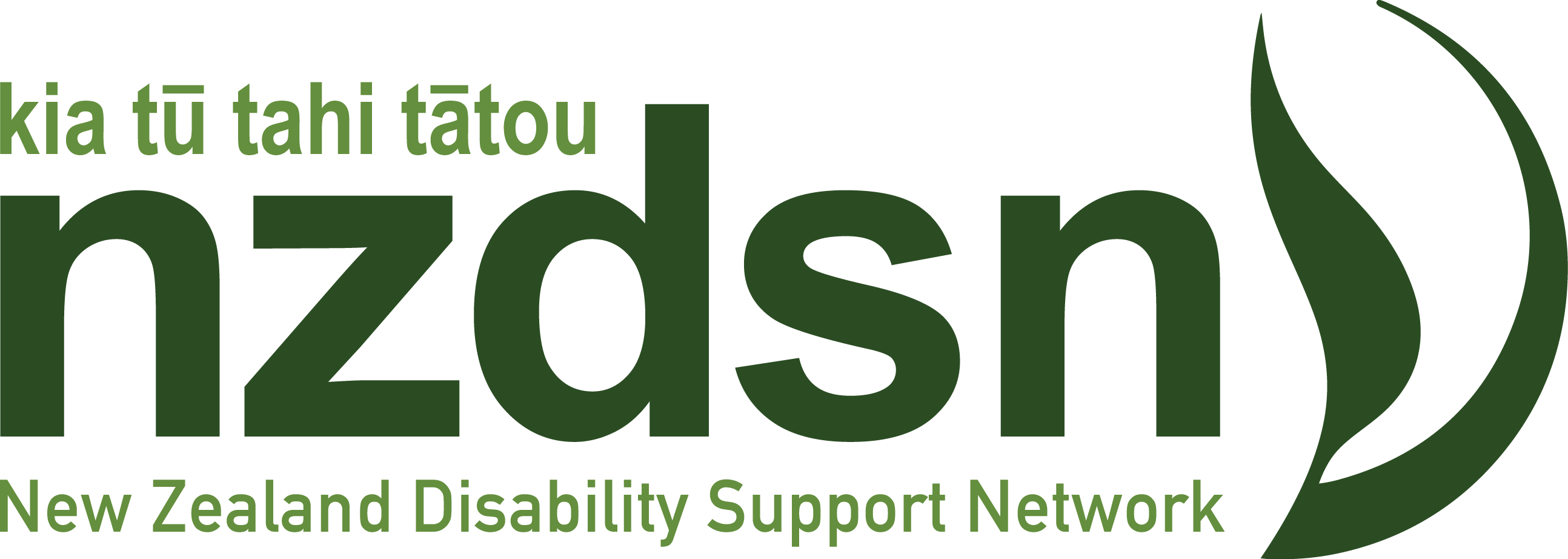Jonathan Mosen (NZDSN Chair), Fletcher Tabuteau (Capital GR) and Peter Reynolds met with Minister Simmonds for 15 minutes Tuesday morning. Also attending was Amanda Bleckmann from Whaikaha.
We didn’t go through the BiM in detail, although noted the Minister had been through our document, made notes and had a number of questions.
We commented that our goal was to express a desire to work closely with the Minister and with Whaikaha officials in what is shaping up to be a challenging year. We recognise that the government is struggling with funding issues on many fronts and also that disability support providers are equally struggling with years of disinvestment and fast approaching a critical point.
The Minister was keen to understand the impediments that got in the way of services seeking to deliver a better outcome for disabled people. She also noted the frustration and unnecessary compliance costs to both the individual and the system for many cases where a disability was life-long and not going to change. The Minister queried what rules or regulations needed to change or be broken. She invited NZDSN to provide her with specific examples of these.
We expressed the view that we were keen to work with her to transfer Employment Support contracts and funding from MSD to Whaikaha. We highlighted the misalignment with MSD who were essentially operating as a competitor whilst private and community-owned providers were usually better quality at lower cost of provision. We indicated a desire to work closely with Whaikaha officials to progress that idea. We also discussed the pressure on Employment Support providers due to cost pressures and highlighted that there had been no operational cost inflation adjustment since 2019.
The Minister asked about our issue with the qualifications available to support workers in our sector. We explained that it is the lack of any overall framework of a career pathway; how the existing and future qualifications fit into this along with the growing interest in micro-credentials. We mentioned NZDSN had a history of working with partners to develop new qualifications, the latest being the development of a Level 5 Diploma in Behavioural Support. We invited the Minister to participate in the launch of this new qualification once Careerforce had completed its planning toward that.
The Minister raised a local conversation about disability enterprises wanting to have their own supported living contracts linked to their operations. The minister saw this as sensible and believed it was an example of lower cost and better aligned accommodation provision. NZDSN to follow up with officials.
We discussed social housing provision and the goal of 15% adopted some time ago by Kainga Ora. We complemented the government on the appointment of Sir Bill English to review the social housing provider and argued for a more ambitious goal of 85% against which Kainga Ora could propose a progressive approach toward achieving it. We questioned the claim of Kainga Ora of achieving 19% of social housing new builds meeting universal standards (another report quoted 11%). And we pressed the case for more accessible social housing on flat land, close to shops and on a public transport route.
Finally, we acknowledged that while the vast majority of disability support providers are doing a fantastic job for the people they support, many are feeling increasingly fragile and with that comes an impact on staff morale and stress. While there will always be examples of errant providers, we support an approach that offers realistic and meaningful support before a big stick. The Minister echoed these sentiments and talked about the need for a quality improvement approach in the sector to achieve that.
The Minister echoed our goals of working closely together and mentioned a number of times that a high-trust relationship is in her mind until we demonstrate otherwise. The Minister made very clear that she would be very receptive to using NZDSN as a sounding board. “I will trust you until I can’t…”
We will be following up our meeting with notes and seeking a regular schedule of meetings in future to progress these ideas.
Peter Reynolds
Chief Executive Officer
New Zealand Disability Support Network
